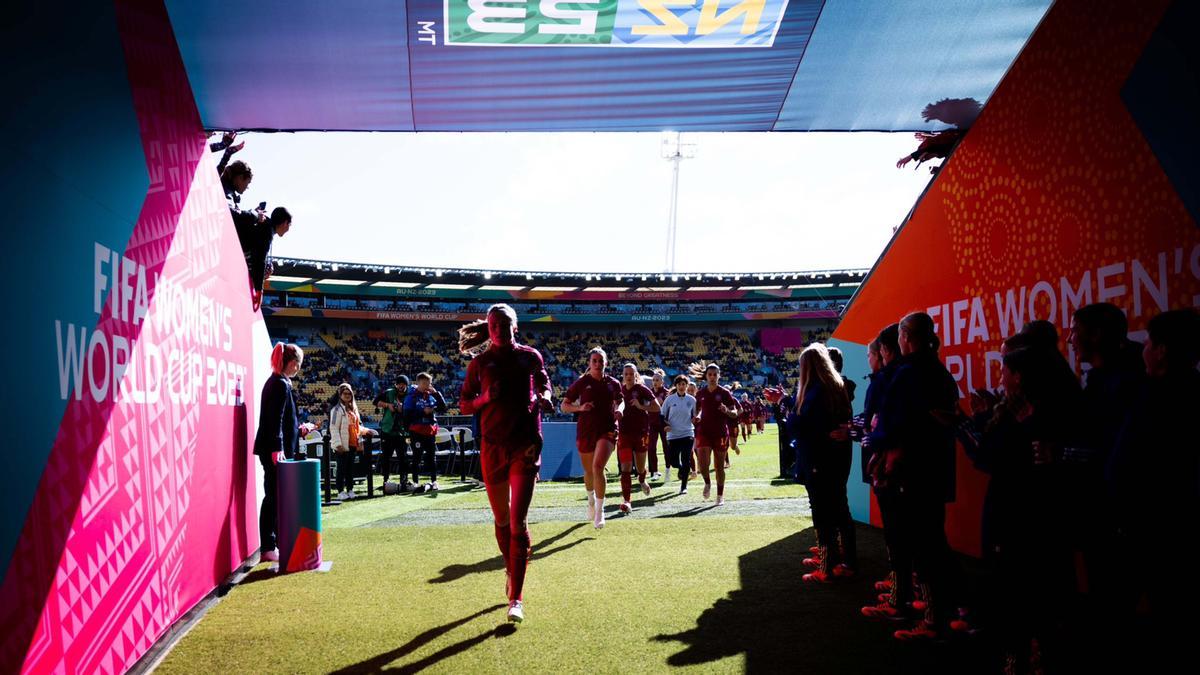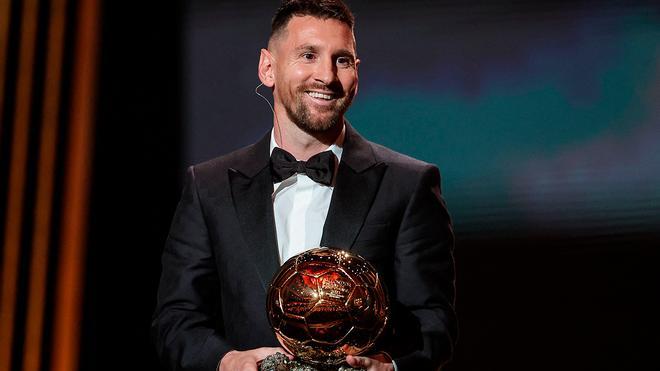Spain's World Cup final appearance should be starting point for more improvements


When the international press here in New Zealand have asked us how Spain have got so far in the World Cup after everything that has happened, we haven't found an easy answer.
No matter how good the squad is, which in theory is more than enough to win such a tournament despite the fact that doing so is no easy task, it is very difficult to explain that La Roja, in the midst of their worst or at least most mediatic crisis, have not only surpassed the minimum required but will play in the final of the World Cup.
In spite of everything. Despite so many. When, just under a year ago, Irene Paredes, Jenni Hermoso and Patri Guijarro -- replacing the injured Alexia Putellas as third captain -- stepped in front of the microphones to explain that, as captains and on behalf of the team, they had asked for a series of improvements to professionalise the national team, many branded them capricious 'little girls' or blackmailers.
Time has proved them right. If they had not stood up, if all this had not happened, we would not be here today. Mateo and Lucía, Paredes' son and partner, would not be here with her. Ivana Andrés would not be with her daughter of a few months and her partner, Ana. And the players' families would have had to watch the World Cup from home -- instead of having their trips paid for as part of an agreement with the RFEF.
There would be one less physio and no nutritionist. This tournament would have been prepared with friendlies against Cameroon -- 56th in the rankings -- and not against the United States, Sweden or Japan. Well, the minimum expected from a Federation that is truly committed to women's football, after mistreating it for so many years and the struggle of many who were sacrificed along the way.
But there are some improvements and we can't say there haven't been. RFEF president Luiis Rubiales stood firm on coach Jorge Vilda's continuity, but in return, he met a number of requests. Even if they are insufficient for Mapi León, Patri Guijarro, Claudia Pina, Lola Gallardo, Ainhoa Moraza, Nerea Eizagirre and Amaiur Sarriegi, who prioritised their values and principles ahead of everything that it means -- in sporting, financial and sentimental terms -- to go to a World Cup.
The fact that they are not here today makes this success somewhat bittersweet. Spain are in the final, without detracting from the merits of Vilda -- who got it right with his change of XI against Switzerland and the use of Salma Paralluelo as a substitute in the quarter- and semi-finals -- because they have the best generation of players in their history.
It would have been even better in another context. There is still a long way to go, but this should be a good starting point. We can't stop here. We have to keep listening to the players. And now it's time to go out and win that final to create more history.





